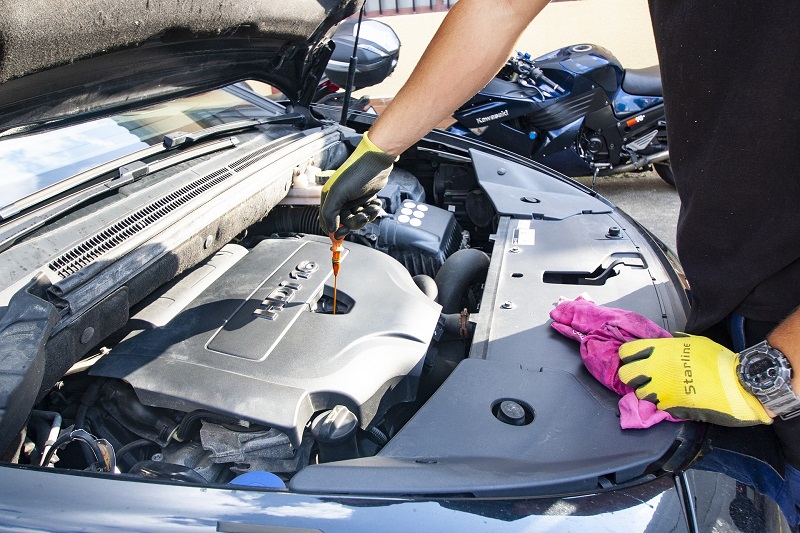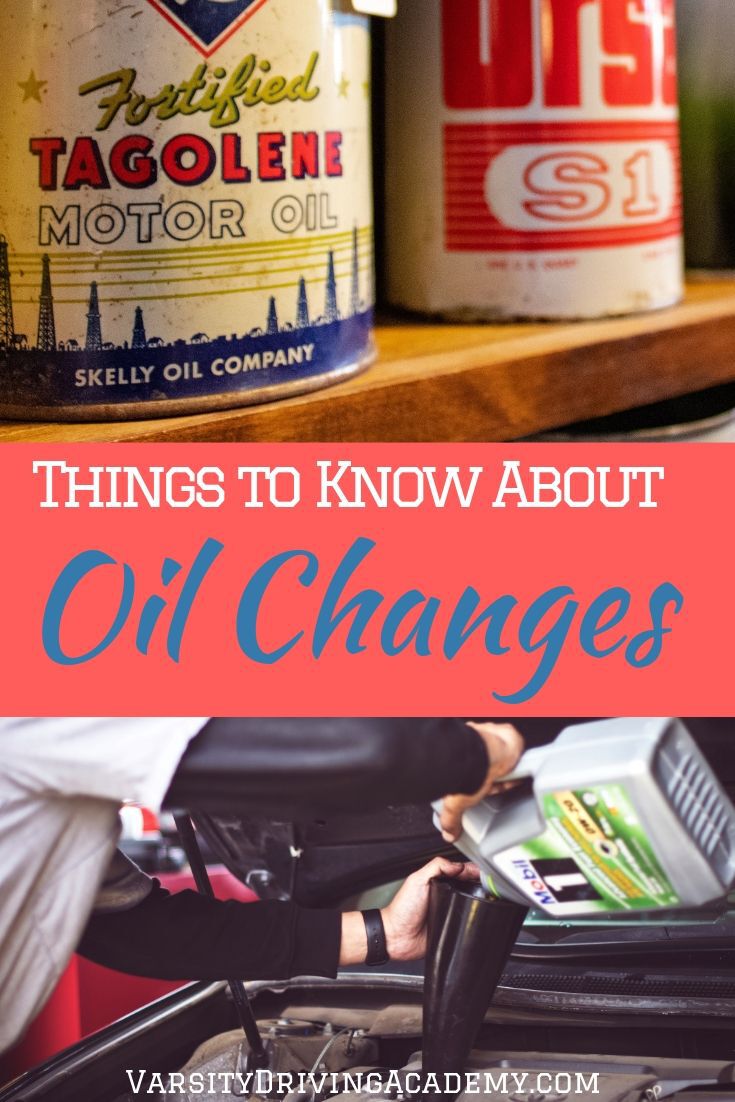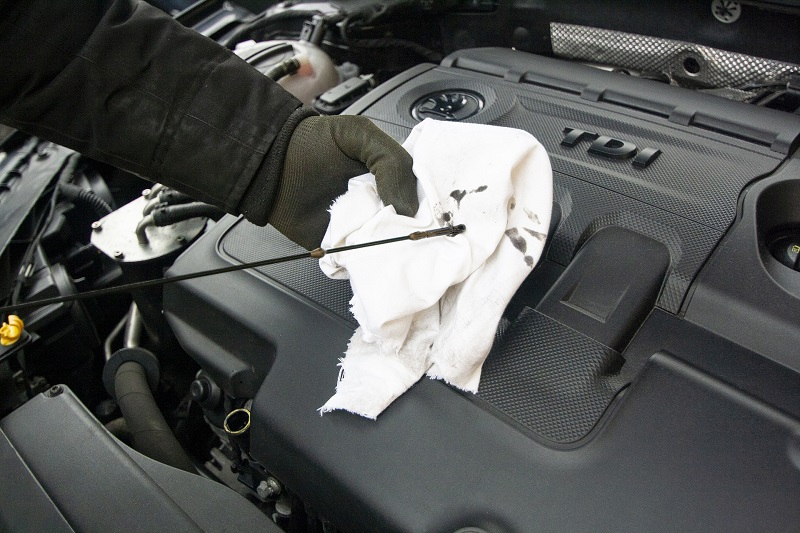10 Things to Know About Changing Your Oil
What do you know about changing your oil? Every car needs an oil change and it could cause major damage if not done regularly. Your car needs you to take care of it before it can help you get around. Oil lubricates all of the moving parts of your engine. It also prevents your car from overheating by reducing that friction. Every part of your engine runs smoothly when you have proper oil levels. Keeping your oil fresh is also important. There are more things to know about changing your oil that will help keep your car running smoothly.
The things to know about changing your oil could mean the difference between starting your car correctly and needing to call a tow truck.
Things to Know About Changing Your Oil | What is an Oil Change?
One does not simply just pour fresh oil into an engine and call it a day. Old oil needs to be completely removed first. Old oil becomes gunky and filled with debris. That gunk can get into your engine and cause issues over time. So, the first step is to remove the old oil. Then, you’ll want to change the oil filter and replace it with a new one. After that, adding oil is easy.
Things to Know About Changing Your Oil | Timing is Key
Every car on the road has a computer system that alerts you of issues. The oil change light is hopefully the most common alert you will see. Your car’s manufacturer has specifications set that tells you how often you need to get an oil change. The most common specification is once every 3 months or 3000 miles. That is how often you should change your oil.
Things to Know About Changing Your Oil | Why Not Just Refill
A refill is great at a restaurant but not so great for your engine. The goal of an oil change is to clear out the gunk from the old oil. That gunk is what causes major issues later. If you were to just refill the oil in your engine, that gunk will still be there. In fact, simply pouring new oil in with old oil will make the new oil have to work harder. There is nothing wrong with topping off your oil in an emergency. Just be sure to get an oil change as soon as possible after topping it off.
Things to Know About Changing Your Oil | Brands of Oil
Some people are afraid of changing oil brands when getting an oil change. However, the brand doesn’t matter. The only things that matter are the type of oil like the viscosity and the oil specification set by the manufacturer. In fact, there may be new brands that offer better performance and switching would be a great idea. You can even test out a new oil for 3 months then switch back if you don’t like it. The brand won’t affect your engine, it is your decision.
Things to Know About Changing Your Oil | Weather
Some people have been told that the weather outside could have an effect on your oil change. However, the weather doesn’t matter. If it’s hot, change your oil. If it’s cold, change your oil. Change your oil every three months and don’t worry about the temperature outside. Though, cold weather will make it a little more difficult. To solve that problem, simply run your car for about 5 minutes if it is cold outside. That will help loosen up the oil and make it easier to work with.
Things to Know About Changing Your Oil | Synthetic or Conventional Oil
If you get your oil changed professionally, you may be sold on synthetic oil. There are some benefits to using synthetic oil. However, at the end of the day, the decision is yours. Some vehicles, mostly higher-end vehicles will require synthetic. But if you’re driving around in a Honda, there is no need for synthetic. It’s the difference between a name brand soda and the store brand soda. Both are essentially the same but the name brand tastes a little better.
Things to Know About Changing Your Oil | How Long After a Drive Can You Change Oil
If you’re changing the oil yourself, great job! It is a great trait to have to be able to work on your car with things like this. When your car is running the oil will heat up. If it is cold outside, run your engine for a max of 5 minutes to heat it up. But if you’re wondering when you can change your oil after driving around, the answer is waiting. It only takes 2-3 minutes to get oil from moderate to 100 degrees Fahrenheit. Wait 20-30 minutes after driving to change your oil on your own. That will allow the oil to cool down and ensure that you don’t accidentally burn yourself.
Things to Know About Changing Your Oil | Don’t Throw Away
Oil is a chemical that can easily cause pollution. This is why you can’t just throw the oil away, it needs to be recycled. Use a drain pan to collect the oil and then call your local trash company or an auto parts store to find out how to get rid of the oil near you. This will not only protect the environment but that oil could be cleaned and reused or used for something else.
Things to Know About Changing Your Oil | Almost Done
If you’re changing the oil on your own, you will want to check it afterward. Don’t use the measurements of the bottle as your only source. Instead, close everything up, leave your car off and check the oil. If it is enough, you’re done. If not, you will need to add more oil and check again. You may also want to check it again after driving for a few miles just to be sure.
Things to Know About Changing Your Oil | Oil Additives
There are additives available that claim to make your oil work even better. However, these additives may not work the way you expect. In fact, some may even cause damage to your vehicle. An oil change will get the job done. Ask a professional about any additives you may be considering. The adage,” if it ain’t broke, don’t fix it,” applies.






